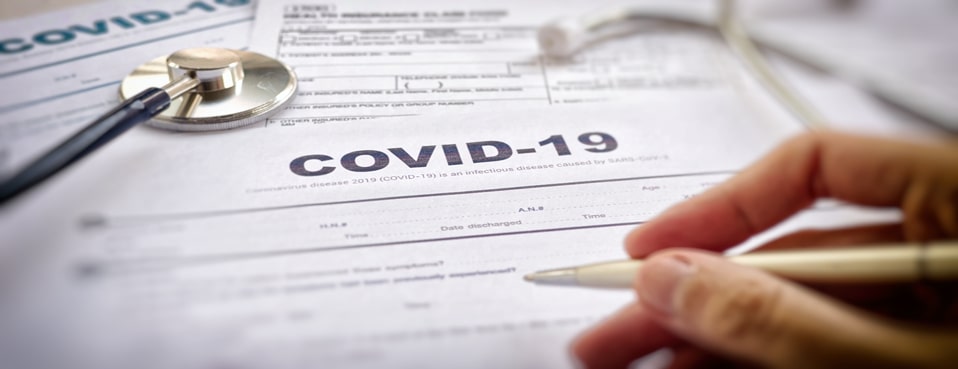The Internal Revenue Service’s (IRS) budget continues to decrease while enforcement efforts increase and more and more taxpayers seek the assistance of the agency’s Appeals Division. These factors are combining to create a complex landscape for those filing appeals. Tax pros need to avoid mistakes since the penalties can be so damaging, but they also need a strategic plan for helping their appeals reach a favorable settlement.
Join tax pro Robert McKenzie in his must-attend Eli Financial webinar, “Make Your IRS Appeals More Appealing and Increase the Odds of Winning.” McKenzie explains the function and role of appeals; how to prepare a protest, how to reach an appeals settlement; and what you need to know about written protests, settlements, and tax court.
Step 1: You Must Believe the IRS Was at Fault
The IRS lays out the grounds for filing an appeal on the agency’s website. You must believe the IRS:
- Misinterpreted the law
- Did not apply the law properly
- Took inappropriate collection action
- And/or used incorrect facts
In all cases, a formal written protest is required to get the appeals process going. That ten-step process must be followed precisely: In addition to providing the basics (e.g., the details of the assessment being protested), you need to describe why you are disagreeing with each item, cite law, and back up your case with facts.
Note: If the entire additional tax and penalty is $25,000 or less, you can file a Small Case Request. How and why you file a Small Case Request is almost identical to the standard appeal, but clients are more likely to represent themselves than when filing larger appeals.
While no appeal is simple, the potential payoff is considerable: You may be able to keep the tax appeal out of Tax Court. More than 100,000 taxpayers seek to resolve their tax disputes via appeal each year, the IRS said.
Appeal: A Sound Way to Settlement
While many tax pros never once file an appeal in their careers, there are good reasons to do so, says The Tax Advisor.
“Sometimes, the only way to get the best outcome is to go through Appeals, and the process is often simpler than expected,” the site said.
What are the benefits? There are two big ones, The Tax Advisor explains: Someone new and objective is looking at the case, and the appeals officers must consider the “hazards of litigation”—in other words, the feds don’t want to go to court any more than you do.
Another big plus to using the appeals process is that as of 2017 the whole deal got a lot easier, noted IRS Solutions: Appeals can now be done online, which speeds up the process and offers better efficiency and flexibility.
As with any federal tax issue, however, there are some downsides to consider, explains tax lawyer William D. Hartsock. Potential negatives to take into account include:
- The appeals officer may identify new issues and grounds for investigation during the appeals process.
- Appeals officers generally can’t settle fraud cases.
- Filing a protest “generally delays the disposition of the case.”
- Settlements in Appeals may have more finality than clients wish for.
“Deciding to engage in the Appeals process involves weighing various pros and cons,” Hartsock said. “In some cases, it may be more advantageous for the taxpayer to refrain from filing an appeal.”
Whether you’re handling appeals from examination, of penalties, or on denial of installment agreements, it pays to fully understand how to prepare a powerful protest, notes McKenzie.



